
 |
||

| ||
WELSH |
||
Learning To Love WelshSix years ago I was like many English speakers. I thought that English was the best language in the world and that the sooner everyone learned to speak English the better!I also thought that there was little point in obscure languages such as Gaelic or Welsh or Manx that very few people speak (so I thought!). I couldn't see the point of these languages. What are they for?....... I would ask. Now I'm SO ashamed of this blinkered, ignorant, bigoted way of thinking. In fact I've had a complete revolution to my attitude and I'm now a very positive and enthusiatic advocate of Welsh. In fact I've realised how important ALL these languages are to many, many people. I hang my head in shame when I remember what I used to think. 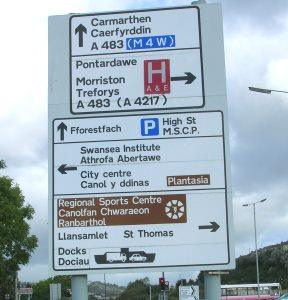  What caused my change of mind? Well, in March 2003 I went to live in Wales. Soon afterwards I watched S4C the Welsh-language television station and I heard a farmer speaking Welsh. It was one of the most beautiful things I'd ever heard and the blinkered attitude I'd had began to fall away. Even writing this down brings a lump to my throat and a tear to my eye. It was one of those life-changing moments! I realised then what a terrible day it would be if people stopped speaking Welsh and the language was relegated to being remembered on bits of historic film. Since 2004 I've been learning Welsh. Welsh can sound like beautiful poetry even if you don't understand it, but when you start to understand, it's even better. 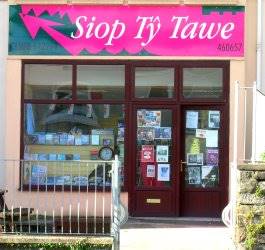 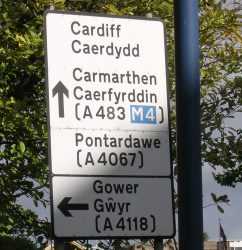  So what are the arguments for keeping these languages alive? All you've heard so far are my emotional reasons. Well first, the Celtic Languages are deeply important to the cultural heritage of the country where they grew. But more important and personal is that they are so important to the speakers of the language. The words, the sounds and the sheer way of thinking that brought them about are a part of the speaker's whole being and of the country itself. Just think how you feel about the language you speak! Anyone who ridicules and belittles and denigrates the language does that to the people themselves. It hurts them. And now I feel that it hurts me too as I've become more a part of, and more in love with this country. In Wales the language is everywhere. Even if we never saw or heard a Welsh word we would still be surrounded by the language. People's accents in Wales when they speak English echo the lilts and rhythms of Welsh, even with people who don't speak Welsh. The way the Welsh construct English sentences is influenced by Welsh. The place names, the slang and so many other things mostly derive from Welsh. The Welsh language (Yr Iaith Gymraeg) is a part of Wales. Even poetry and literature written in English here are structured and influenced by Welsh. Its traditions stretch back and entwine themselves in everything. 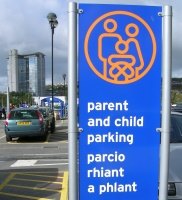 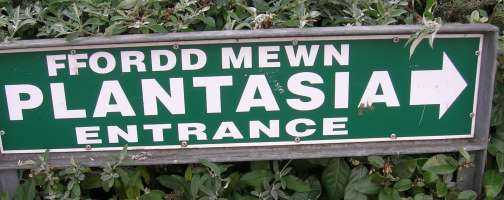 This is a language that is thriving now and living again. I'm so grateful for that, it makes it possible for me to begin to understand what Wales is about. On a personal level - I have Manx ancestors (Manx was spoken in the Isle of Man) and am now very keen to see that language revived. In a purely practical way there is no need for me to learn Welsh but if I didn't I would miss so much. Most people speak English here, but once you know some Welsh you discover that lots of people hold their country's old language very near to their hearts. It's a joy and privilege to learn Welsh, everyone should do it! Those who speak it relish it and love it.  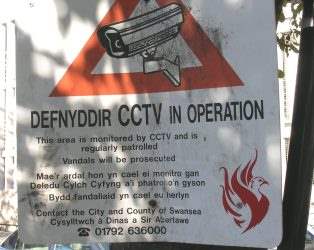 * * * *** * * * |
||